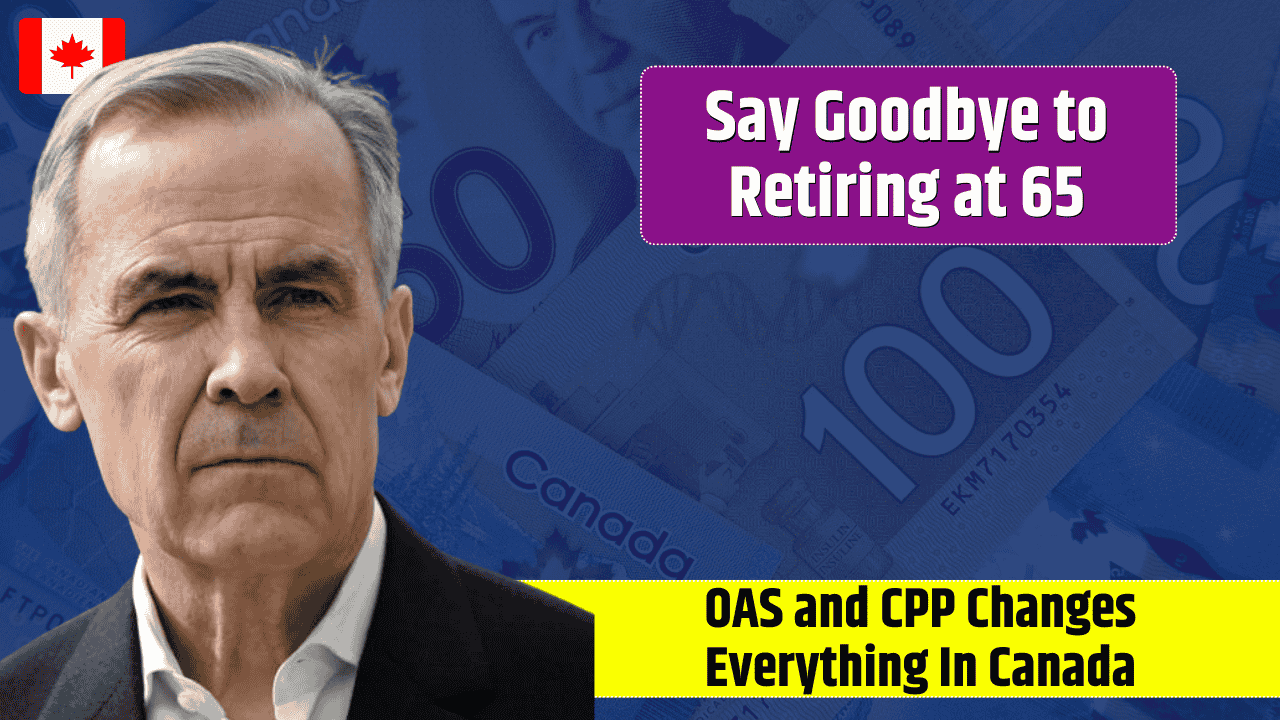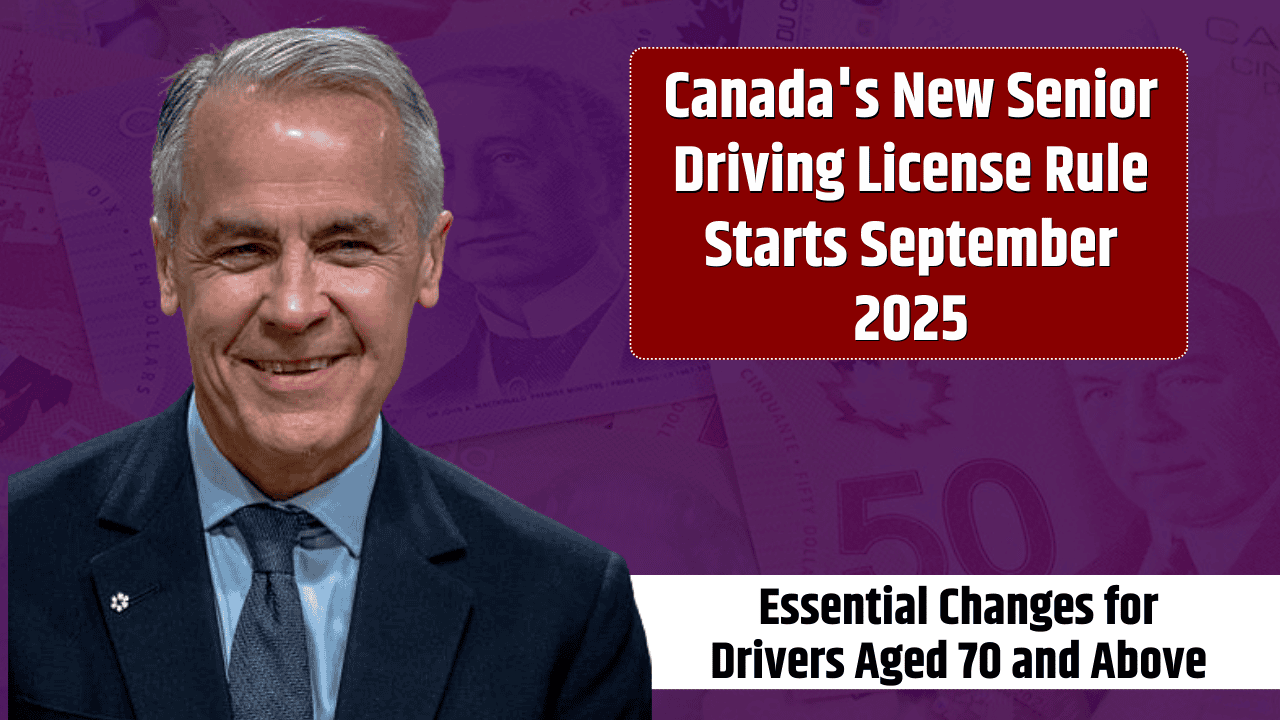The dream of shutting down the laptop at 65 and never checking another work email sounds lovely, but the ground is shifting under Canadians’ feet. The classic retirement age is no longer the hard stop it once was. Instead, it’s become a moving target—shaped by longer lifespans, higher costs, and pension tweaks that make “just one more year” look pretty attractive. Let’s dig into what this actually means for anyone eyeing retirement in 2025 and beyond.
Why 65 Doesn’t Mean What It Used To
Back in the mid-20th century, retiring at 65 made perfect sense. Life expectancy was shorter, jobs were often more physically demanding, and pensions were designed for a retirement that lasted maybe 10–15 years. Fast forward to today: the average Canadian now lives into their mid-80s, according to Statistics Canada, and many stay healthy and active much longer. Retirement could easily stretch to 25 or even 30 years—a second adulthood, really.
Here’s the kicker: funding three decades of living without a paycheck requires serious planning. With the cost of housing, groceries, and basic services shooting up, sticking rigidly to 65 can leave some retirees stretched thin.
The Pension Incentive Game
The government has quietly built incentives into both the Canada Pension Plan (CPP) and Old Age Security (OAS) to encourage later retirement. Here’s how it shakes out:
| Retirement Age | CPP Adjustment | OAS Adjustment | Outcome |
|---|---|---|---|
| 60 | 36% less vs age 65 | Not available | Smaller cheques, longer period of collection |
| 65 | Baseline (100%) | Baseline (100%) | Standard benefits |
| 70 | 42% more vs age 65 | 36% more vs age 65 | Bigger cheques, fewer years of collection |
If you take CPP at 60, you lock in a permanent 36% reduction compared to waiting until 65. Hang on until 70, and you pocket 42% more every month for life. OAS doesn’t allow early withdrawal, but delaying to 70 boosts your payout by 36%.
Of course, there’s a tradeoff. You’ll collect larger payments for fewer years. If you have health issues or a family history of shorter lifespans, taking the money earlier might be smarter. But if you’re healthy and expect to live into your 90s, the math tilts heavily toward waiting.
Canadians Are Working Longer
In 2000, only about 1 in 10 Canadians over 65 were still working. Today, it’s roughly 1 in 5, per Statistics Canada. For some, it’s about the paycheck—no question. But plenty of older workers also stick around for routine, social life, or simply because they enjoy what they do.
This shift has also given rise to phased retirements. Instead of flipping a switch from full-time to zero, many ease into part-time gigs, consulting, or passion projects that generate some income without the grind. It’s less about slamming the door shut and more about leaving it cracked open.
The Policy Wild Card
Back in 2012, Ottawa announced a plan to raise OAS eligibility to 67, citing the strain of an aging population. That decision was reversed in 2016 after public pushback, but the math hasn’t changed. Fewer workers paying in, more retirees drawing benefits, and a pension bill that keeps growing. Other countries, like the U.S. and U.K., are already nudging retirement ages higher. Canada could dust off the old plan if fiscal pressure mounts.
The Office of the Parliamentary Budget Officer has flagged the long-term cost of aging demographics more than once. Whether or not the government acts in the short term, it’s worth keeping an eye on.
The Real Question: Can You Afford It?
When you peel back the numbers, the big question isn’t “What age should I retire?” but “Can I afford to retire comfortably?” That answer depends on three things:
- Your savings and investments – RRSPs, TFSAs, workplace pensions.
- Timing your government benefits – whether you take CPP/OAS early or delay.
- Your lifestyle costs – housing, healthcare, travel, hobbies.
Everyone’s mix is different. For some, retiring at 62 works just fine. For others, 70 feels safer. It’s less about the birthday and more about the balance sheet.
Fact Check
- Is 65 still the official retirement age in Canada? Not exactly. There’s no mandatory retirement age federally, though 65 remains the benchmark for full CPP/OAS benefits.
- Is Canada planning to raise the age to 67? No current plans. The proposal was scrapped in 2016, though fiscal pressure could bring the debate back.
- Do CPP and OAS pay more if you delay? Yes—CPP can increase by up to 42% and OAS by 36% if you wait until 70.
FAQs
Can I still retire at 65 in Canada?
Yes, you can. But whether it’s comfortable depends on your savings, pension timing, and overall cost of living.
Is the retirement age going up in 2025?
Not at this time. The previous attempt to raise it to 67 was dropped in 2016, though the debate could resurface.
Should I delay CPP and OAS?
It depends on your health and finances. Delaying increases monthly payouts, but you’ll collect for fewer years.
Does OAS get clawed back?
Yes, but only if your income crosses a certain threshold (around $90,000 in 2025). Above that, part of your OAS is reduced.
What’s the best age to retire in Canada?
There’s no one-size-fits-all. It depends on your savings, health, and lifestyle goals.













